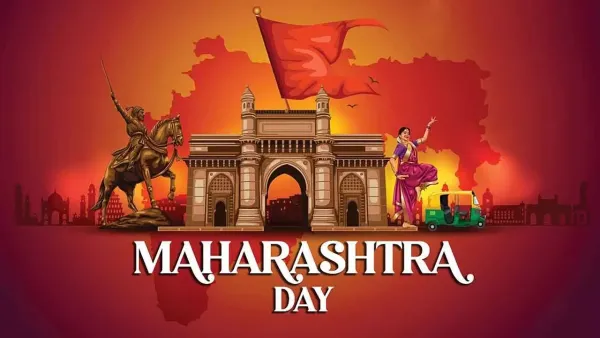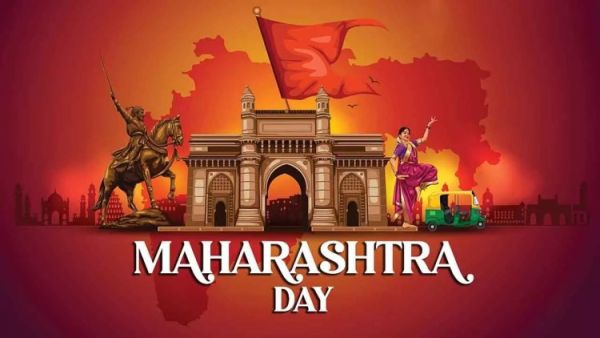
To commemorate the creation of the state of Maharashtra in 1960, Maharashtra Day, also called Maharashtra Diwas, is celebrated annually on May 1. This day is important in the history of contemporary India since it represents the successful demand for a separate state by the Marathi-speaking community.

Historical Context
The States Reorganisation Act of 1956 brought the country’s states into line with linguistic demography after India gained independence in 1947. However, speakers of other languages, including Marathi, Gujarati, Konkani, and Kutchi, were present in the Bombay State at the time. As a result, the Samyukta Maharashtra Movement—a powerful regional movement calling for a distinct Marathi-speaking state—rose to prominence.
The Bombay Reorganisation Act was passed by the Indian Parliament in April 1960 as a result of massive demonstrations and popular support for this demand. Following the implementation of this ordinance on May 1, 1960, the Bombay State was divided along linguistic lines into the states of Maharashtra and Gujarat.
What Maharashtra Day Means
Maharashtra Day honours the Marathi people’s cultural, linguistic, and social identity in addition to commemorating the state’s administrative founding. The day commemorates the togetherness and pride of the state while also paying tribute to those who gave their lives during the Samyukta Maharashtra Movement.
Since then, Maharashtra has been a major force in the development of India’s economy, culture, and society. The state, which has Mumbai as its capital and is India’s financial hub, is home to a number of historical sites, including the Ajanta and Ellora Caves, and has played a significant role in the country’s economic and cultural advancement.
Festivities and Holidays
In Maharashtra, May 1st falls on International Labour Day and is a regional public holiday. There are celebrations all around the state, but the governor of Maharashtra often preside over the ceremonial ceremony in Shivaji Park in Mumbai, where important events take place.
People, often wearing traditional clothing, take part in musical rallies, cultural events, and parades. The majority of businesses, banks, government buildings, and schools are still shuttered. Every major financial market observes a vacation, including the currency markets, the National Stock Exchange (NSE), and the Bombay Stock Exchange (BSE).